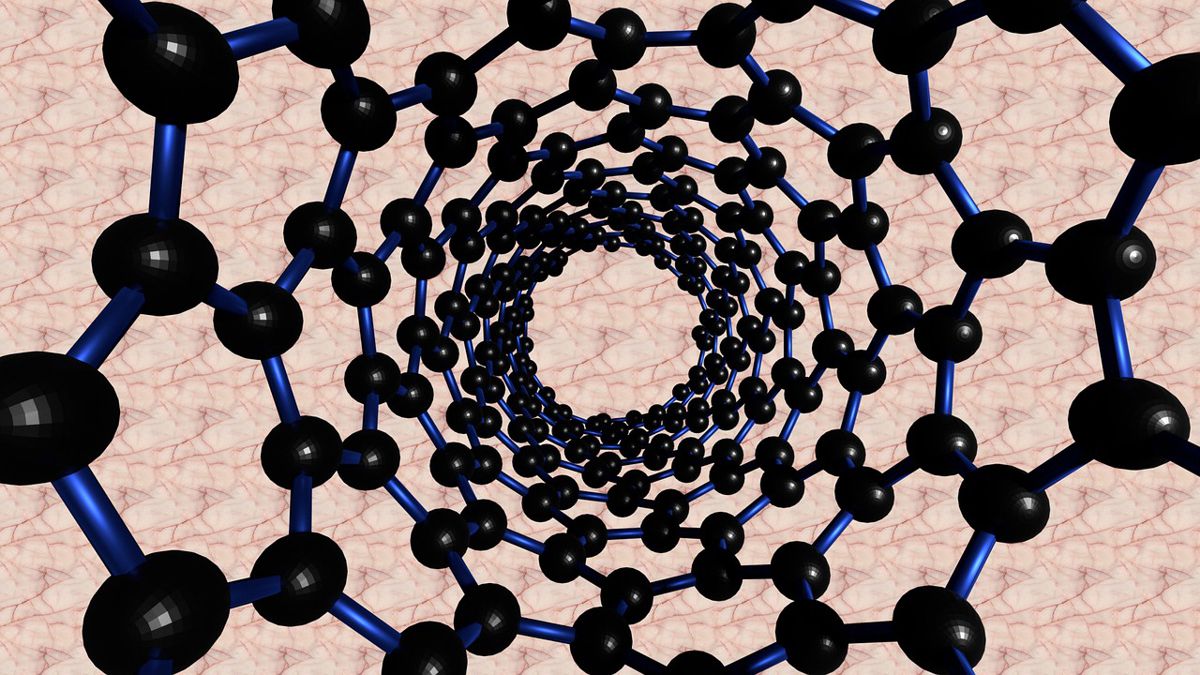Lecture explores Nanotechnology for High-Performance Devices and Sensors
Electronics and photonic technologies advanced rapidly in the last two decades and have become promising solutions to complement electronic technologies.
To showcase the top-notch research and develop innovative applications at various levels from electronic or photonic materials to devices and systems, the Hong Kong Institute for Advanced Study (HKIAS) initiated the Distinguished Lecture Series on Electronics and Photonics from March to April.
Professor Stella W. Pang, the Head of the Department of Electrical Engineering at City University of Hong Kong (CityU), kicked off this online Lecture Series by delivering a talk titled “Nanotechnology for High-Performance Devices and Sensors” on 1 March 2022. Professor Guanrong Chen, Chair Professor of the Department of Electrical Engineering was the moderator.
Nanotechnology is developed for a wide range of device and microsystem applications. In her address, Professor Pang pointed out the key requirements for nanotechnology: high uniformity over a large area and high reproducibility. In particular, the nano-imprint, dry etching, and conformal deposition are also applied to create high-performance devices and sensors.
One of the critical challenges in developing plasmonic nanostructures is improving biosensors’ sensitivity. Professor Pang showed a couple of improved performance results by applying three-dimensional (3D) asymmetrical nanopillars with sharp Fano resonance.
One-step further, by using nanostructures on 3D platforms, Professor Pang and her research team developed a Microfluidic Biosensing System that allows cell migration behaviours to be controlled, and cancer cells can be separated from normal cells. She highlighted that this approach could detect low concentration cells, exosomes, and filipodia with high sensitivity.
In addition, Professor Pang explored the technology development on high-frequency devices by presenting serval technologies on low-profile structures, high-gain THz antennas, and Meta-Device.
Professor Pang concluded that multidisciplinary work and collaborations are needed to demonstrate novel high-performance devices, creating lasting solutions to society’s challenges.
Professor Pang’s research interests include nanofabrication technology for biomedical, microelectronic, and optical devices. Currently, she is the Director of the Center for Biosystems, Neuroscience and Nanotechnology and a member of the State Key Laboratory of Terahertz and Millimetre Waves at CityU.
Professor Pang received her Ph.D. degree from Princeton University. Before joining CityU in 2011, she was a professor of electrical engineering and computer science and the Associate Dean of the College of Engineering, University of Michigan. Professor Pang has published over 400 technical articles, book chapters, and invited presentations and is the editor and author of 16 books, journals, and conference proceedings. She has nine patents granted in nanotechnology and microsystems.
Besides, Professor Pang is a Fellow of the Institute of Electrical and Electronics Engineers, Electrochemical Society, American Vacuum Society, and Hong Kong Institution of Engineers.
This lecture is supported in part by the Kwang Hua Educational Foundation.
More information about the lecture, please click here.





























